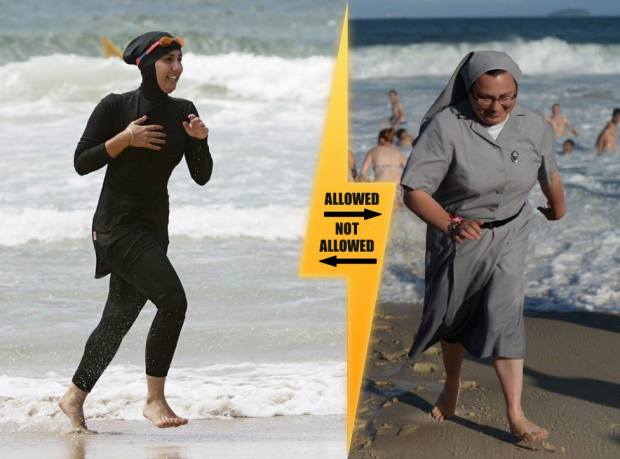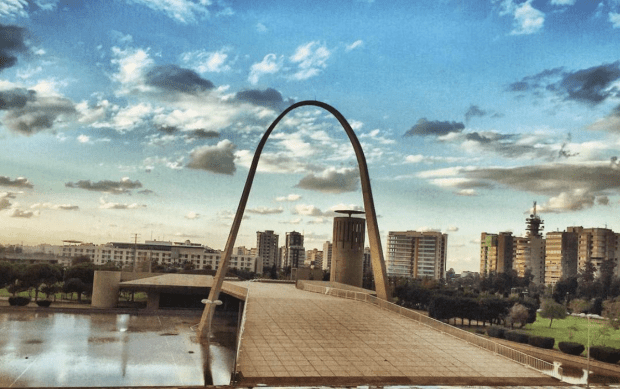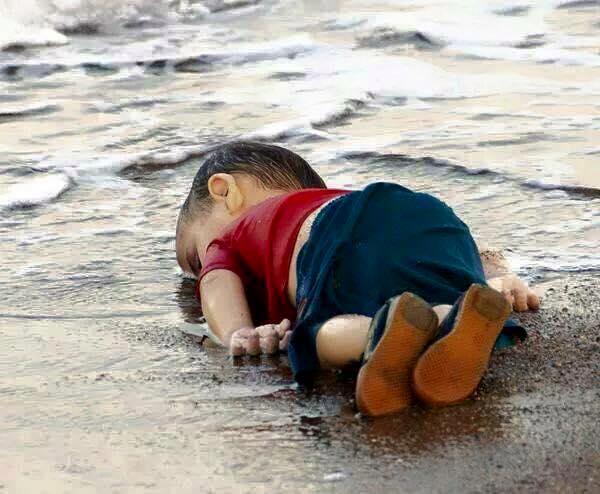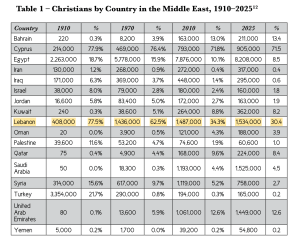When it comes to cultural assimilation, many parts of Europe have not been exemplary in the way they’ve dealt with the many minorities that have sought their land as refuge over the years, but none more so than France, whose problem with people who are lesser-white than the average they’re used to goes back to the time where it occupied much of Northern Africa and contributed to a mass exodus of people from those areas to serve as cheap labor for their home country.
The immigrants that flocked to France challenged the French about what it was to be as such: what is the French identity? What makes France as it is? How do we integrate such diversity into what we already know and take as scripture? Needless to say, the French model failed miserably.
Instead of integrating the laborers in French societies, they were settled along metropolitan areas with other destitute French, close enough to work but far enough from being part of actual French society, further widening the divide between “authentic” French and otherwise. Social programs, a hallmark of the French political system, also contributed to further encourage the differences between both population groups, further making the grounds for discrimination more fertile.
It is no coincidence, therefore, that in the France of today, and similarly to the African American situation in the United States, French jails have a much higher population of North African-origin inmates than of any other population, relative to their proportion of the general French populace.
As the French general public failed to grasp the fundamental problem at hand, the political rhetoric started to mirror the growing dismay from those immigrants. From having the French symbol “La Marianne” in a veil on the cover of Le Figaro, to tell people that France would become Muslim in 30 years, to people like Jean Marie Le Pen painting those immigrants as violent, uncontrollable, and who breed like rabbits.
It’s no wonder, therefore, that in 2004, the French state decided to ban the public use of the veil, much to the outcry of many Islamic and human rights group who saw the move as a gross encroachment on the rights of those women. The argument back then was that France, being a secular state, did not tolerate any signs of religiosity. The underlying tone, however, was that this secular state with an Christian undercurrent would not tolerate an apparent Islamization in its PR.
The rift between “immigrants” – French like everyone else but always viewed as lessers – and French continued to grow through the years, between attacks on Charlie Hebdo, to the terrorist attacks that overtook Paris and Nice, to the increasing rise of the Front National. Today, the clash of culture is taking place in a different way: French statesmen want to ban a conservative swimwear colloquially called the “Burkini” – a term merging both Burka and Bikini – in their attempt to preserve the semblance of the “liberated” image of France.
Introduced in Australia by a Muslim woman who tried to merge her religious and Australian lives, the piece of clothing soon became global. With the French bans, many people are purchasing them around the world in solidarity. The outcry against the French ban is deafening. The question of the matter, however, is why would such a ban be conceived in the first place?
This is a continuation of the French problem in trying to assimilate different parts of what makes France as it is into a modern identity that is holistic and inclusive. The French revolution slogan “equality, liberty, brotherhood” seems to only be applicable as long as you fit within the code of such a statement.
The ban is equal part Islamophobic and an attack on a woman’s freedom of expression. Would French police arrest a nun, for instance, who is wearing her religious clothing on a beach just because she is covered up? Would they arrest a swimmer clad in their sport clothes? Would they arrest any woman whose clothes attire conflicts with what they deem acceptable enough to fit within the narrowing, rather than broadening, confines of French culture of 2016?

The ban of the Burkini can be summarized as follows: men trying to impose a dress code on women who have already had a dress code enforced on them by men elsewhere who view their chastity as directly proportional to how much skin they cover up, never knowing that maybe, just maybe, the problem isn’t in the skin that is exposed or not, but rather in the minds that look at that skin in the first place.
Before Arabs and Muslims can be upset about France banning Burkinis, ins’t some introspection into what is happening in our own backyards warranted? How many of our cultures and countries coerce our women into covering every inch of them, whether they want to or not? How many of our cultures and countries treat women as second rate citizens just because they were not born men, limiting them with what those who were born men believe those women should be entitled for? How many of our cultures and countries have made women feel insecure just by walking down the streets with eyes that ravaged their bodies regardless of how covered up they were?
How many of our cultures and countries have stopped women from even going to the beach for fear of being viewed as nothing more than meat? How many of our cultures and countries have made wearing the hijab, and consequently items of clothing such as the burkini, as an indication of the woman wearing them – whether she wants to or not – essentially being a better person than the woman who decided not to? The fact of the matter is that women are more prone to be sexually harassed on our beaches, whether they were wearing a Burkini or a bikini, than in the beaches of France, even if they’re wearing nothing.
Tackling the abhorrent rise of Islamophobia in France cannot therefore occur without looking inside our own homes for once. Do we allow our women to wear whatever they want without conferring moral judgement on them for doing so? Do we give our women the freedoms that we believe they are being robbed of in France or elsewhere? Do we not pass judgement on those women who decide to go to the beach wearing a Bikini just because they felt like it, categorizing them as everything we believe women should not be?
The answer is no.
The resources France is putting into banning the Burkini are completely unnecessary. It’s a legislation that has become a farce: that of armed police officers assaulting decent women at the beach to strip them of their clothes. By coercing them out of a Burkini, the French state is doing to those women something that’s as bad as forcing them into one in the first place. It’s unfortunate that while standing as such a crossroads, France and the rest of Europe decide to make a U-turn rather than advance further into creating an environment where women can be free to choose whether they want to wear a Burkini or not. Instead, you have a bunch of men deciding they know, once more, what women want and what they should do. When ISIS tells Muslims they’re nothing but second class citizens in the West, one wonders, when does the West realize that its practices play right into ISIS’ hand?























